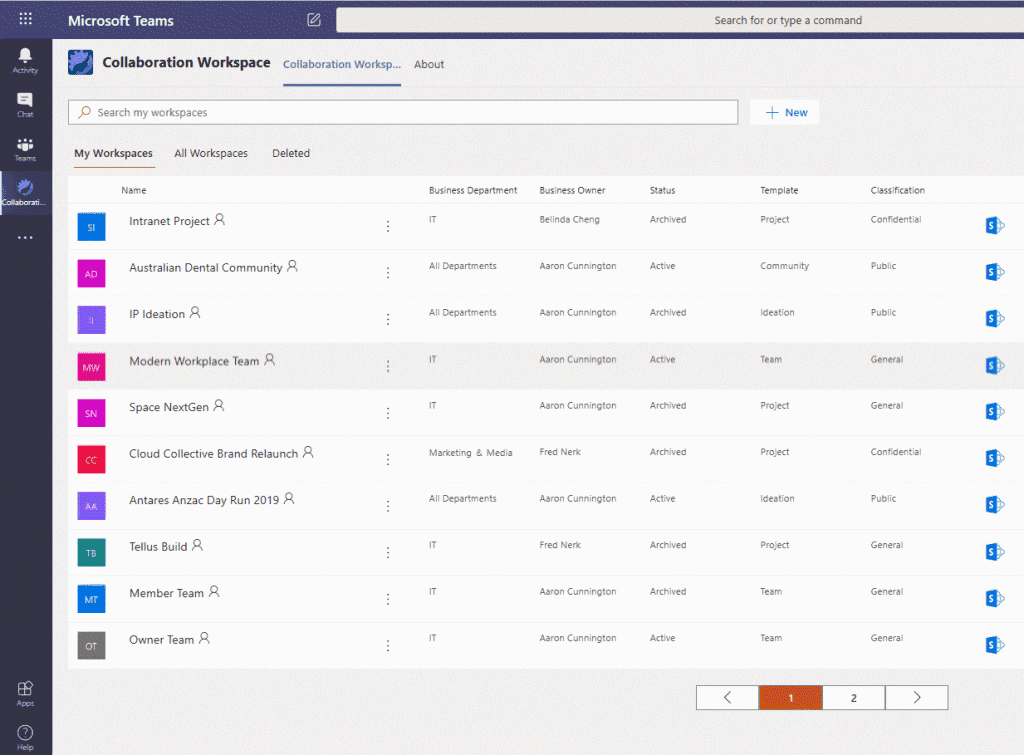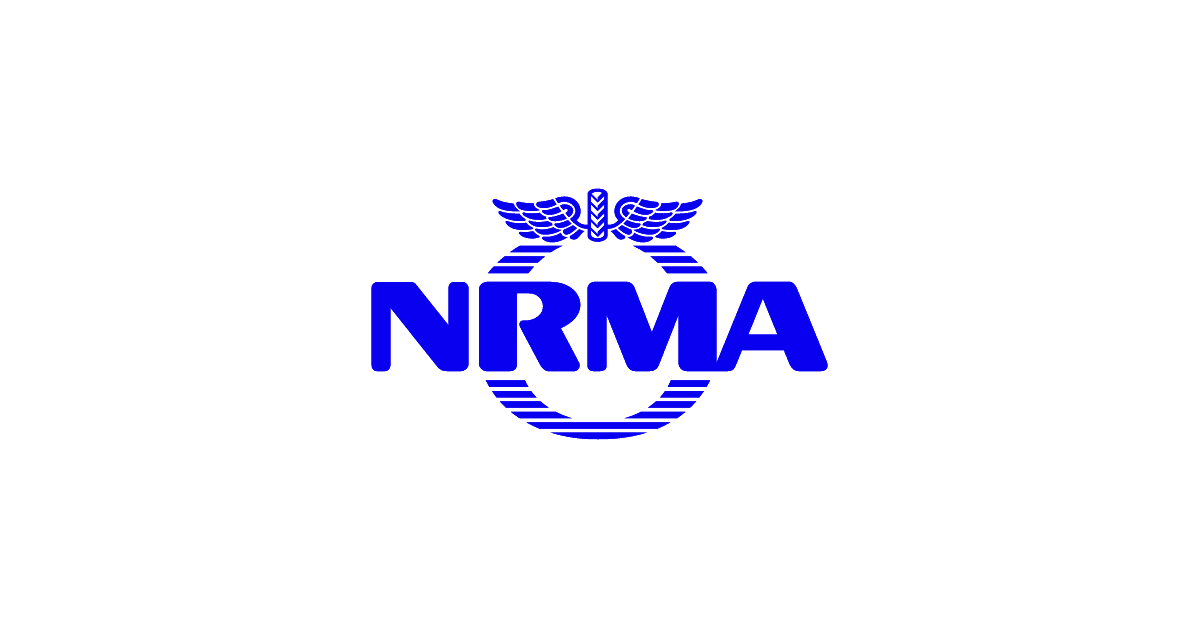Background
Microsoft Teams is one of the most popular cloud-based collaboration and communication platforms, with 270+ million monthly active users. As part of the Microsoft 365 family, Microsoft Teams facilitates fast and open communication with features ranging from one-on-one instant messaging to group conversations, document sharing, third-party integration, and much more.
Like many organisations, Teams is a critical platform for Antares as we use Teams for communication and collaboration amongst staff and clients.
The Challenge
Our consulting team rely heavily on Microsoft Teams for managing projects and internal collaboration. Over time, there have been issues with being able to manage Teams including:
- Significant number of Teams created leading to Teams sprawl
- Orphaned Teams resulting in no ownership of a Team
- Duplication of Teams or creation of one or more Teams with similar purpose
We were unable to get on top of our Teams environment as we couldn’t easily see key information about our Teams environment. This made it not only difficult to easily manage and govern Teams but also made it near impossible to implement best practices to maximise the benefits of Teams for us and for our customers.
The Solution
To address these challenges, we implemented Tellus. After a simple installation process, Tellus was able to provide immediate value by uncovering the state of our Microsoft Teams environment through a dashboard with actionable insights.
Tellus was instrumental in our clean-up process as it helped us understand which Teams were created for what purpose, whether they were in use or not, who owned what Team, which department was using Teams, and so on.
In addition, it provided our consultants and project managers with a standardised way of creating Teams by implementing best practice templates for collaboration on both client and internal projects.
The Results
Control Teams sprawl
By turning on approvals in Tellus, we have been able to add a process of review and validation when a new Team is requested by a staff member. This has prevented us from creating duplicate Teams for similar purposes as our reviewers are able to inform the staff of a Team that already exists. This has not only reduced information being siloed in multiple Teams but also prevented multiple Teams from being created for similar purposes.
Streamlined Teams provisioning and added structure
Through the automated and easy-to-use wizard, our staff can easily request a Team by defining its purpose, classification, and Team details with appropriate governance rules without needing to log a service ticket to IT or IT administrators getting involved.
Reduced Inactive Teams and Guests’ access
Teams health metrics have enabled us to understand which Teams are not being used and helped us clean up our Teams environment by eliminating more than 50% of the Teams. We also found that 35% of Guests in our tenancy no longer needed access and we were able to remove these foreign accounts to make our environment more secure.
The Manage Teams view in Tellus has become the discussion point in regular reviews of our environment as it provides a clear understanding of what areas require addressing to keep a healthy Teams environment. Through Tellus, we can easily view which Teams need action saving our administrators time and helping us reduce security risks.
Clear understanding of a Teams purpose
Tellus has helped us categorise and label each Team so staff and administrators can easily view that information along with other details. It provides us with a comprehensive catalogue of all Teams in our environment for better decision-making.
What’s next?
We are continuing to add features to Tellus that solve business problems for us and our customers and help us tailor the implementation for every single deployment. If you would like to know how Tellus can help your organisation, please do not hesitate to contact us for a one-on-one session with one of our experts.



